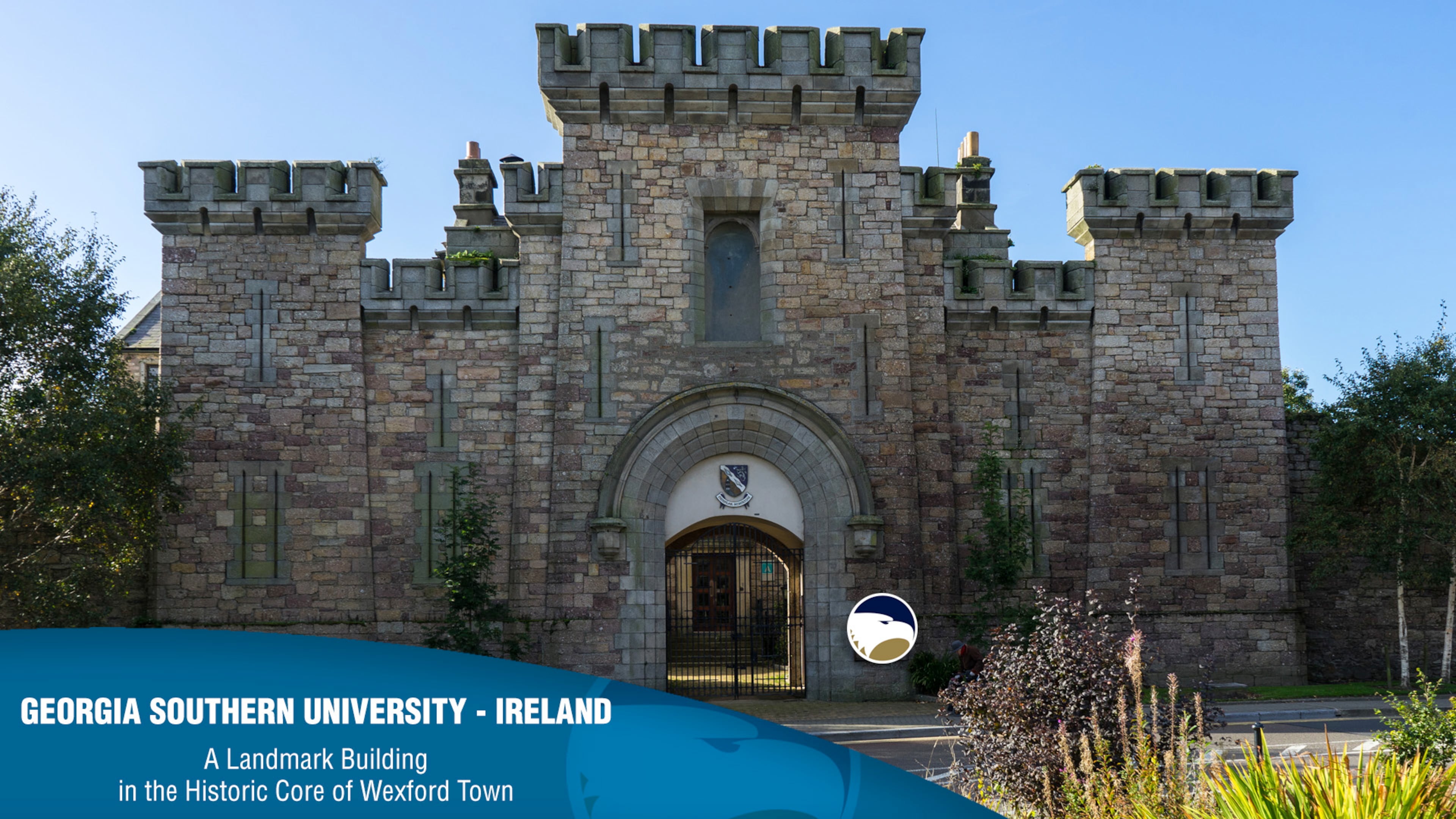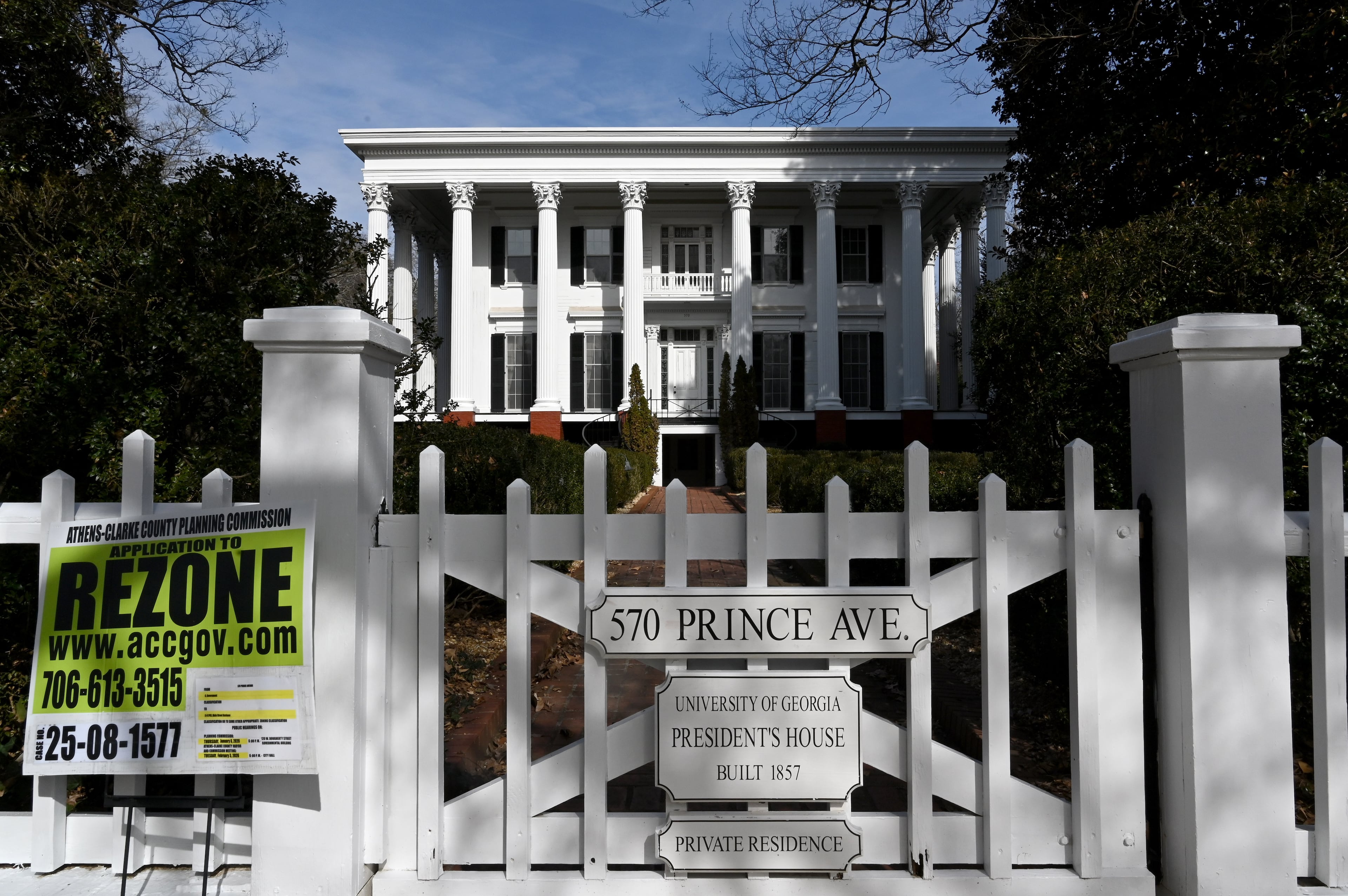AJC On Campus: Admissions scandal fallout, Morris Brown seeks comeback

Several colleges and universities, locally and nationally, had some explaining to do last week after some disturbing allegations emerged about how students are enrolling into their schools. The past seven days have also included efforts to help students after their for-profit school abruptly closed, the federal government’s plans to tweak the student loan process and some interesting announcements by some Georgia colleges and universities.
Here are some details in our weekly AJC On Campus round-up:
The college admissions scandal
Many schools went into crisis management mode last week when prosecutors announced charges against several dozen people, including two well-known actresses, for allegedly paying people to engineer an illegal scheme to get their children into some of the nation's top colleges and universities. No Georgia schools were named in the indictment, but the AJC interviewed several students and others about the advantages privileged families have in getting their kids enrolled in acclaimed schools and the difficulties faced by the not so well-to-do to get in some of these schools. Read about it here.
NCAA investigates Georgia Tech
Georgia Tech disclosed, first to the AJC, last week that the NCAA sent notice that it is investigating the school for potential high-level recruiting violations in its men's basketball program. The notice came after a joint review by the NCAA and Georgia Tech. Georgia Tech said in a statement that it will not comment on the investigation. Stay tuned on this one.
Feds propose student loan changes
There are few things Democrats and Republicans can agree on in Washington these days. One of them is that college students pay too much money in student loans. The Trump administration on Monday proposed some changes along that front as well as expanding Pell Grant eligibility to get more students to pursue careers in high-demand industries. Georgia's been offering free tuition in some courses in recent years to get students to take classes in high-demand careers. On the student loan front, the White House wants to cap some borrowing. Some of the proposals will need congressional approval, so it's unclear they'll agree on some of the details to make borrowing more affordable.
Help for Argosy University students

The federal government and some local schools are offering advice and help to Argosy University students in the wake of its abrupt closure on March 8. Students who were taking classes before it closed are eligible for a 100-percent federal loan discharge and a reimbursement of amounts he or she may have already paid to the government. Beulah Heights University, located in southeast Atlanta, is offering free courses that can be used over the 2019-2020 academic year and other aid to those students. Eleven other colleges outside Georgia have agreed to help, according to the Southern Association of Colleges and Schools Commission on Colleges.
Restore Morris Brown
That's the name of the campaign its new interim president, Kevin James, has created to boost fundraising and regain its accreditation. The Atlanta school, the first historically black college and university in Georgia created by African-Americans, lost its accreditation in 2002. James said he plans to seek accreditation from the Transnational Association of Christian Colleges and Schools and is scheduled to meet with them in April.
Atlanta Metro State’s president to retire
Gary McGaha, president of Atlanta Metropolitan State College since 2007, announced last week he’ll retire, effective June 30. McGaha’s tenure has included adding more baccalaureate degree programs and increasing enrollment by 30 percent during his tenure. The college grappled with some accounting issues in 2017. The University System of Georgia will conduct a national search for his replacement.
Georgia Southern goes across the pond

Georgia Southern University announced Monday it will be the first public university in the United States to establish a learning center in Ireland. The university’s Center for Irish Research and Teaching is relocating from its Statesboro campus to the Armstrong campus in Savannah, with a new learning center being established on the southeast coast of Ireland. The center is part of a partnership with the town of Wexford. University spokeswoman Jennifer Wise said the Wexford government is providing the space to create the learning center. Georgia Southern has not paid anything to date, she said. The university eventually plans to sign a lease for housing students there.
This could be interesting
Emory University is hosting a conference starting Thursday and concluding Saturday exploring best practices for academic freedom and free speech on college campuses. Some student groups and activists, primarily conservatives, have grumbled in recent years that colleges and universities have treated them unfairly or broken the law when they tried to speak or host events on campus. President Donald Trump recently threatened to withhold research funds to schools that violate campus speech rights. This is the first time Emory has held such a conference and the university plans to have a diverse list of speakers. Admission is free for Emory and non-Emory students and Emory faculty and staff. General admission is $100.
Wikipedia goes under the academic microscope
Spelman College assistant English professor Alexandria Lockett has an interesting assignment. She’s received a grant from the National Council for Teachers of English and the Conference on College Composition and Communication to learn more about the educational sector’s response to Wikipedia’s growth, breadth and longevity. Wikipedia’s reach and influence has shaped American politics, international affairs and academia. Wikipedia has also sought to make it tougher for hackers and others to include inaccurate information on some of its sites.
The number of the week: 2.1 percent
That’s the percentage increase in enrollment of students at the nation’s historically black colleges and universities between the fall 2016 and fall 2017 semesters, according to recent federal government data. HBCU enrollment increased from 292,083 in fall 2016 to 298,138 in fall 2017. It’s the first year since 2010 the federal government has reported an increase in enrollment among the nation’s 101 accredited HBCUs. Federal enrollment statistics are typically two years behind. In Georgia, seven of its nine accredited HBCUs saw an enrollment increase, according to the 2017 data. Paine College and Savannah State University were the only two with enrollment declines.
Speaking of HBCUs
Clark Atlanta University announced last week it’s received a $275,000 grant to prepare and develop HBCU presidents and executive leaders. Turnover has been a challenge at HBCUs in recent years, with about half of them changing presidents. Clark Atlanta is in search of a new president after Ronald A. Johnson resigned in December.
Education Notebook
The AJC's state education reporter Ty Tagami explored the inexact science of connecting students with high-demand careers. Check it out here.


